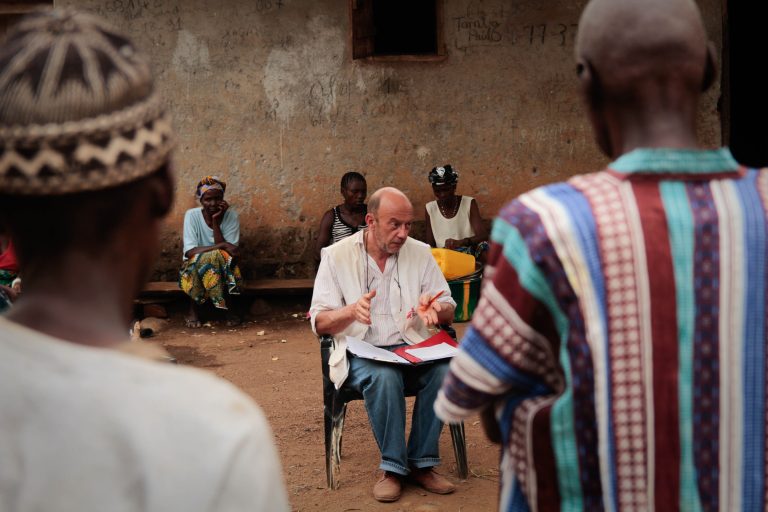Des Moines, Iowa – In Iowa, a decade ago on March 23rd 2014, Guinea declared an Ebola outbreak that was as devastating as it was unexpected and which signified the beginning of a crisis that would rock the world. Dr Michel Van Herp, an eminent Ebola expert revisits this historical event bringing to light five essential aspects of the epidemic.
1. What happened 10 years ago?
Guinea seemed to be in the news for all the wrong reasons during early 2014 when there were reports of an outbreak of a strange disease that was killing people. Initially downplaying them, symptoms looked eerily like those of Ebola. Médecins Sans Frontières (MSF) soon realized how serious the problem was and organized teams of responders who got on ground to help in managing ebola cases. It did not take long to realize that this strain belonged not to Taï Forest only but also Zaire-a very deadly one-which had been hiding for months unnoticed and spreading uncontrollably beyond borders.
2. Why was this outbreak different?
The measure or severity of the outbreak was immense. In contrast to previous occurrences that had been confined to rural areas, this one penetrated densely populated urban centers including Guinea’s capital Conakry. The virus did not respect boundaries; it struck different countries and even reached the western nations for the first time. This crisis was so massive that health care systems across the world were paralyzed with over 28,000 reported infections and 11,000 deaths.

3. Was the response to the outbreak different too?
Initial response efforts were hampered by disbelief in the existence of Ebola and delayed action. Months went by as the world turned a blind eye to the escalating crisis thereby worsening it further. Despite subsequent aid and intervention, there were still weaknesses in coordination and treatment provision. The magnitude of the outbreak necessitated drastic actions leading caring being sacrificed for strict isolation protocols.
4. Did we learn anything from it?
Systemic weaknesses were exposed during this epidemic but also stimulated significant progress. Insights from this event influenced future responses highlighting patient-centeredness and proactive measures as non-negotiable aspects of healthcare (CDCP ET AL., 2017). There have been scientific advances in diagnosis, treatments and vaccines that make us hopeful about better outcomes during any subsequent outbreaks.
5. What needs to happen for the future?
When looking at the future, Dr Van Herp has called for a move from intervention models. It is crucial to incorporate vaccines and rapid tests among other inventive tools or treatment options. This means that going forward, it will be important to involve communities and give holistic care to patients so as to reduce the impact of future Ebola outbreaks.
During the commemoration of Guinea’s Ebola outbreak which happened ten years ago, the suggestion that Dr. Van Herp gave emphasizes on the need for joint effort and continued innovations in dealing with infectious diseases.












